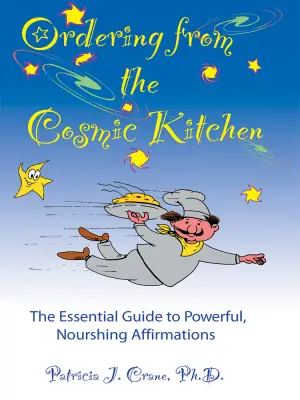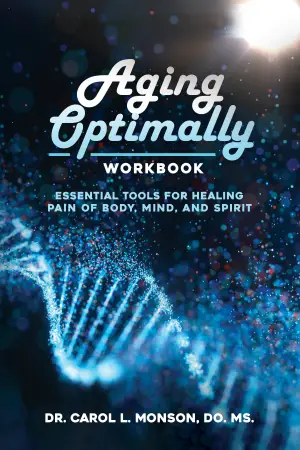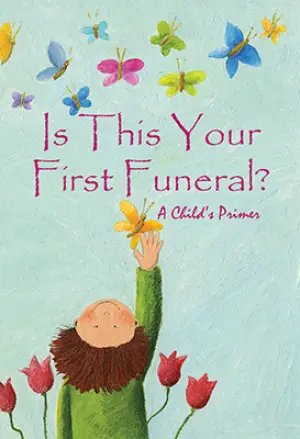I recently finished reading Ark, a thought-provoking short story by Veronica Roth, and I must say, it left a significant impact on me. I’ve always been drawn to dystopian and speculative fiction, and the premise of a world on the brink of destruction due to an impending asteroid strike was enough to pique my interest. The idea that a young scientist could uncover something too precious to lose even as Earth faces its demise was a fascinating angle to explore.
Ark is part of the Forward series, and at just 45 pages, it packs a punch, featuring Samantha, a horticulturist who is tasked with cataloging plant samples for the few remaining survivors as Earth prepares for its inevitable end. I was immediately drawn into her world, where the urgency of her mission contrasted sharply against a backdrop of loss and despair.
One of the standout elements for me was the beautiful storytelling. Roth’s writing is evocative and deeply emotional, effectively capturing the feeling of melancholy that enveloped both Samantha and the world around her. I found it striking how Roth managed to intertwine moments of introspection amidst the chaos. This sentiment was echoed by fellow readers, including Thomas G. Cummings, who also appreciated the emotional depth presented through Samantha’s efforts to catalog plant life before the final evacuation.
Another remarkable aspect was the strong character development. Samantha’s relationship with her colleague Hagen stood out; it provided a touch of warmth and humanity amidst the bleak circumstances. As noted by J.M. Northup, the relationship became a pivotal factor that drew me deeper into the narrative. The portrayal of these human connections—even while facing oblivion—was beautifully crafted and touched my heart.
However, I can’t ignore the aspects that may not resonate with everyone. For example, some readers found the pacing to be slow. Jennifer VL mentioned that, while the story was tender, it failed to escalate tension, as it primarily revolves around the emotional experiences of the characters rather than any action. I can see how this would pose a drawback for those who prefer fast-paced narratives.
Additionally, some critiques pointed to a lack of engaging hooks. While I was engrossed in Samantha’s meditative journey through her thoughts, I understand how others, like a few Amazon customers, might have found parts of the story to be dull or lacking in mystery. This introspective style may not appeal to all readers, particularly those looking for a more traditional, plot-driven science fiction experience.
In terms of thematic exploration, Ark does well to provoke thoughts on human existence and environmental fragility, all while presenting a poignant story of hope. Roth illustrates the notion that even at the edge of extinction, there is beauty to be found. Ethon O’Brien’s commentary about how the story finds beauty in despair rang true for me as I closed the book, reflecting on how life can often be as beautiful as it is chaotic.
Overall, I found Ark to be an enriching experience. It challenged me to think deeply about what we value and the relationships we form, especially when time is running out. Although it has its pacing issues and might not deliver the thrilling spectacle some may seek, the introspective narrative filled with emotional depth and reflective melancholy is its greatest strength.
I would recommend Ark for fans of contemplative literature and those who enjoy exploring the human spirit in the face of inevitable change. If you’re looking for something quick, thought-provoking, and moving, this short story is definitely worth your time. It has certainly left me eager to explore the rest of the Forward series.
Discover the profound journey within “Ark” from the Forward collection. >>








